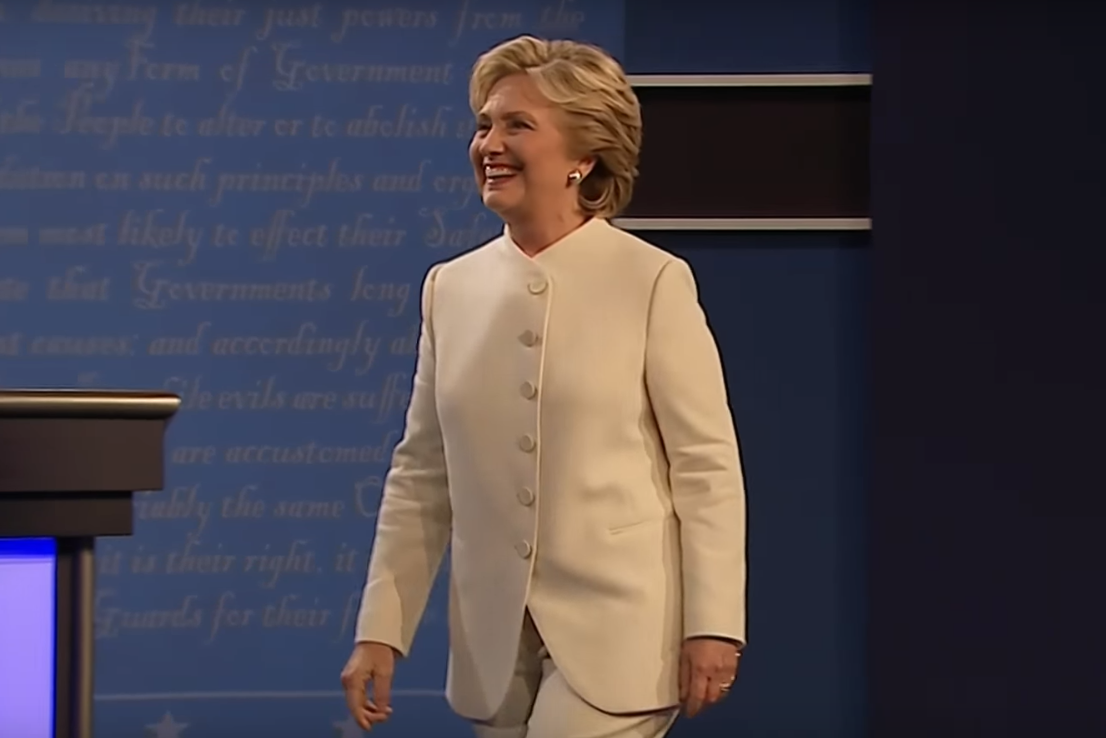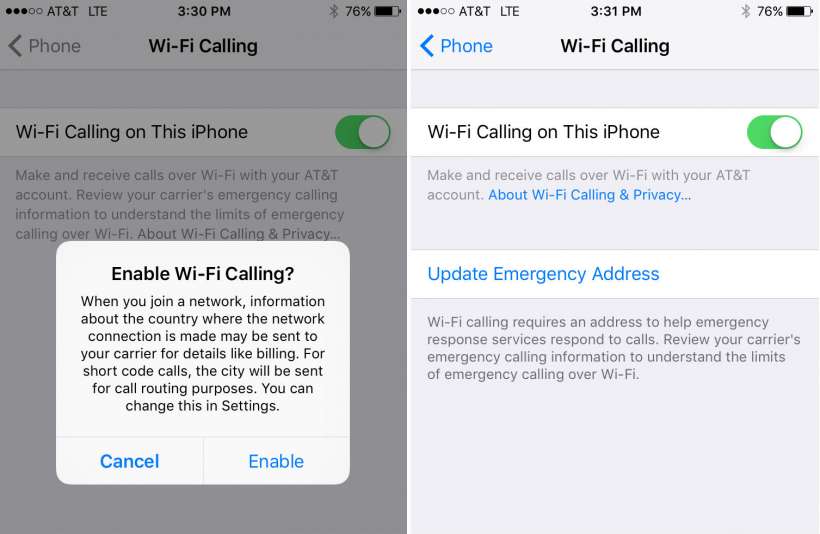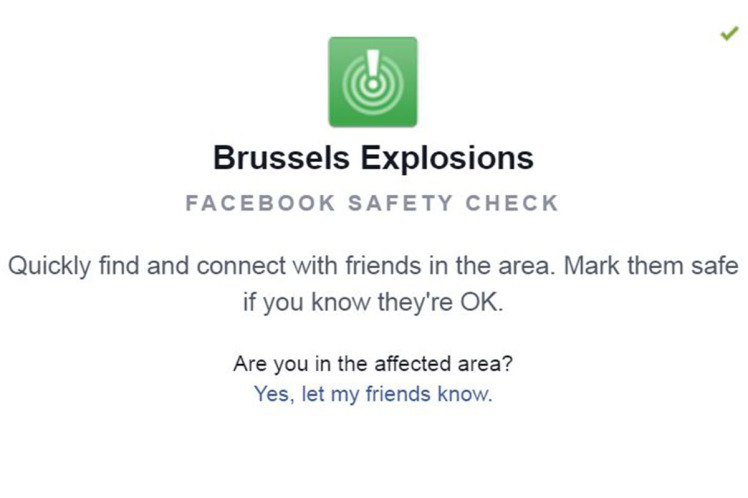The United States along with another 11 nations negotiating a possible free trade zone that stretches from Japan to Chile were not able to reach a final deal in their Singapore talks, but did indicate a landmark deal was near.
The agreement led by the U.S. is a big part of the foreign policy shift by President Obama toward Asia. However, it has been hit with snags by disagreements between nations on market access, in particular for intellectual property, environmental protections and agricultural products.
Washington said it had hoped the agreement would have been completed prior to the end of 2014.
After meetings lasting four days in Singapore, trade ministers issued a Tuesday statement that said there has been substantial progress made in the Trans-Pacific Partnership. The statement also said they identified the potential landing zones for the majority of outstanding issues and a meeting was scheduled for January of 2014.
One person close to the situation said the statement’s tone tends to suggest that negotiators have quite a clear understanding of how the final agreement will read. The insider believes that the final deal will be reached sometime in March.
Negotiators from the group of 12 countries aim to lower the tariffs applied to goods and services to nearly zero. They also want to ensure that foreign businesses operating in the area of the agreement have an even playing field with businesses that are state owned, and that their products do not become counterfeited.
The group includes developing nations with their large industries that are state owned such as Malaysia and Vietnam and rich nations that included Japan and the United States.
The new trade agreement would cover close to one third of all world trade and over 800 million people. Those in favor of the agreement said it would lead to more economic growth.
The U.S. Congress would have to approve any deal and they might demand that changes be made to its contents.
NGO’s have been also seeking to put their influence on the agreement so the poor receive a better deal. They are worried that costs of medications will rise in poor countries like Vietnam.
Latest posts by Nancy Young (see all)
- Missouri Man Robbed by Date and Accomplice in Park - June 22, 2018
- Bose Poised to Launch Sleepbuds, In-Ear Headphones That Help You Sleep - June 21, 2018
- Russia Is Developing a Space Debris Laser to Keep Space Clean - June 15, 2018










